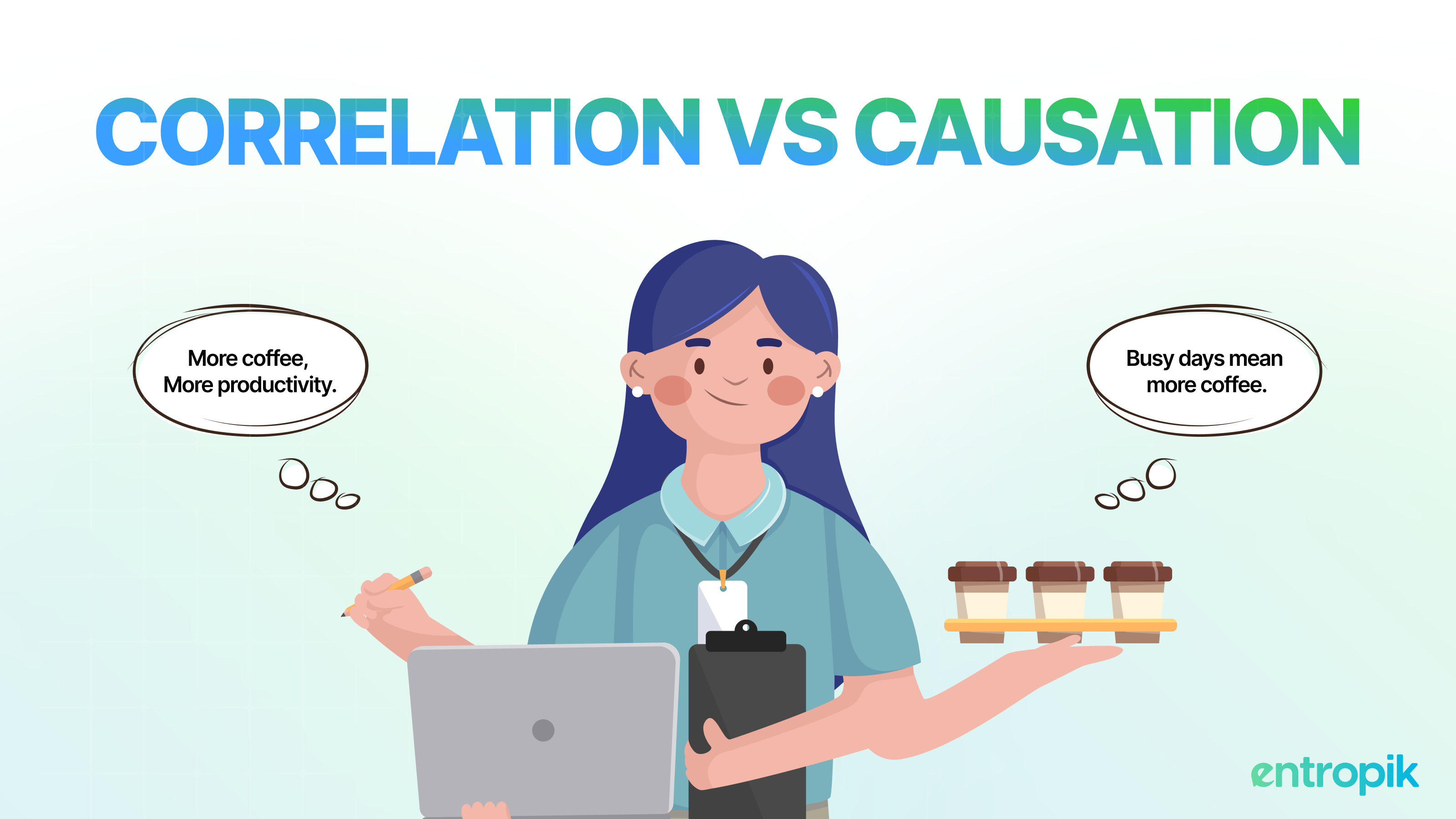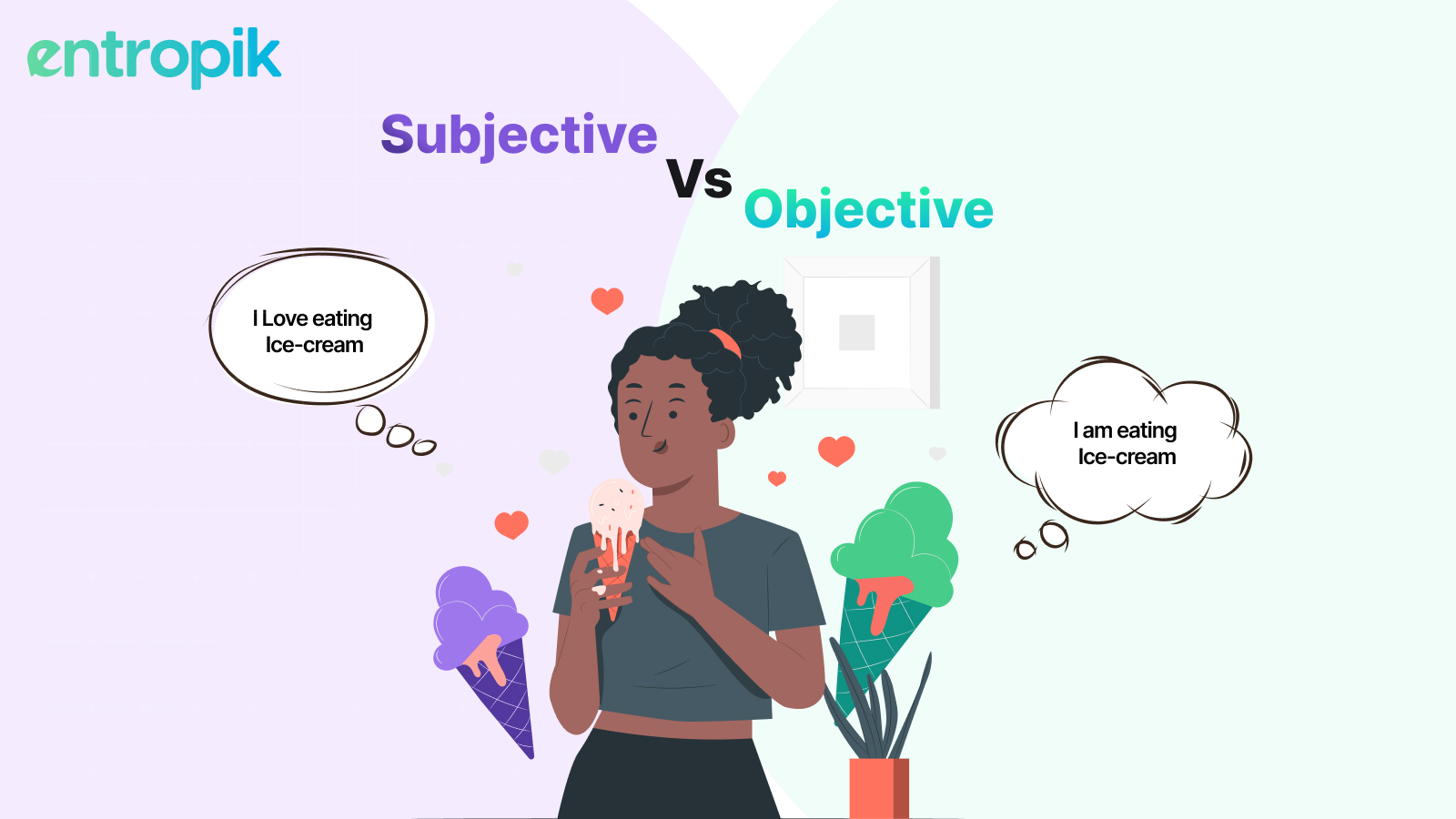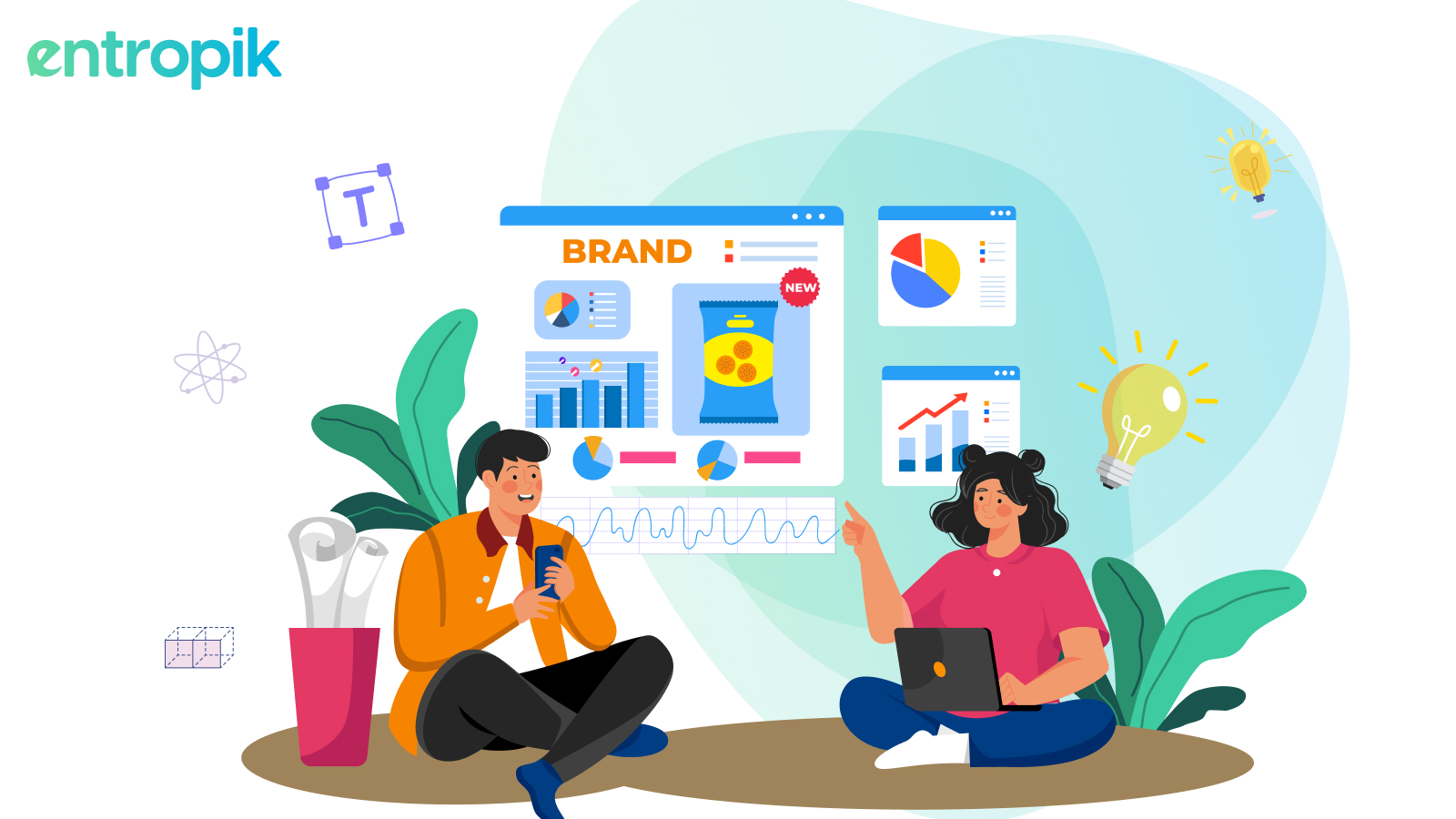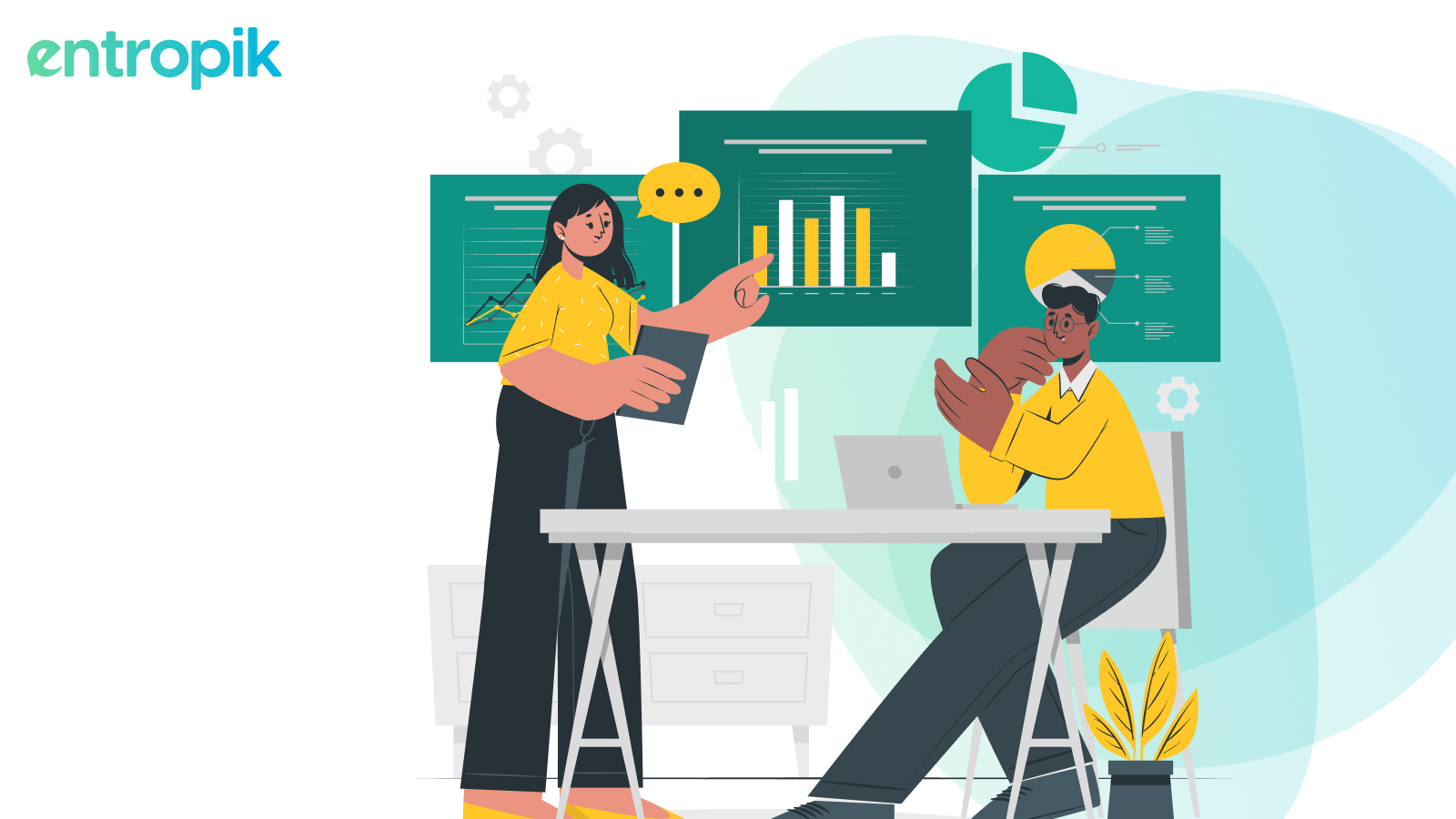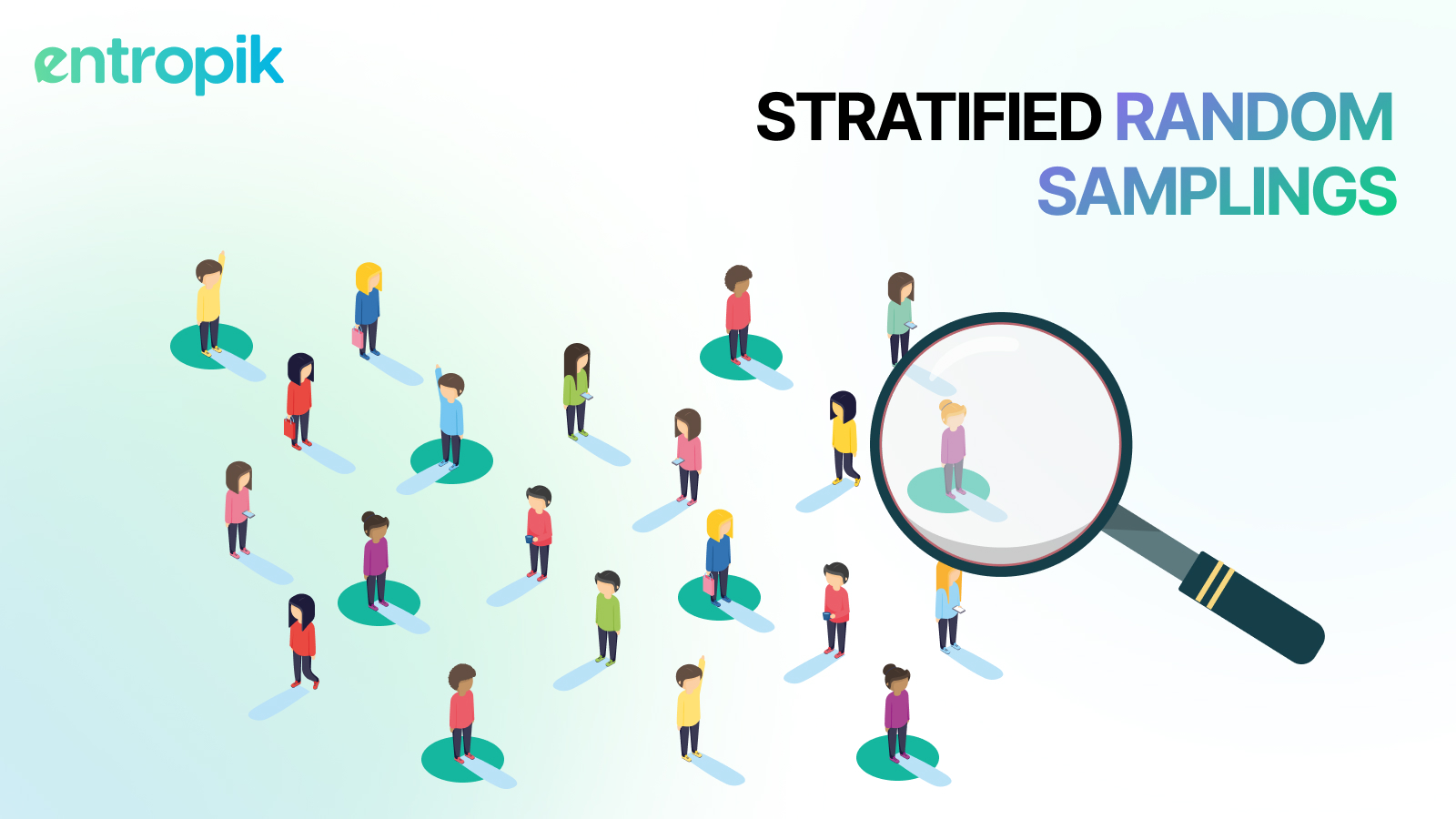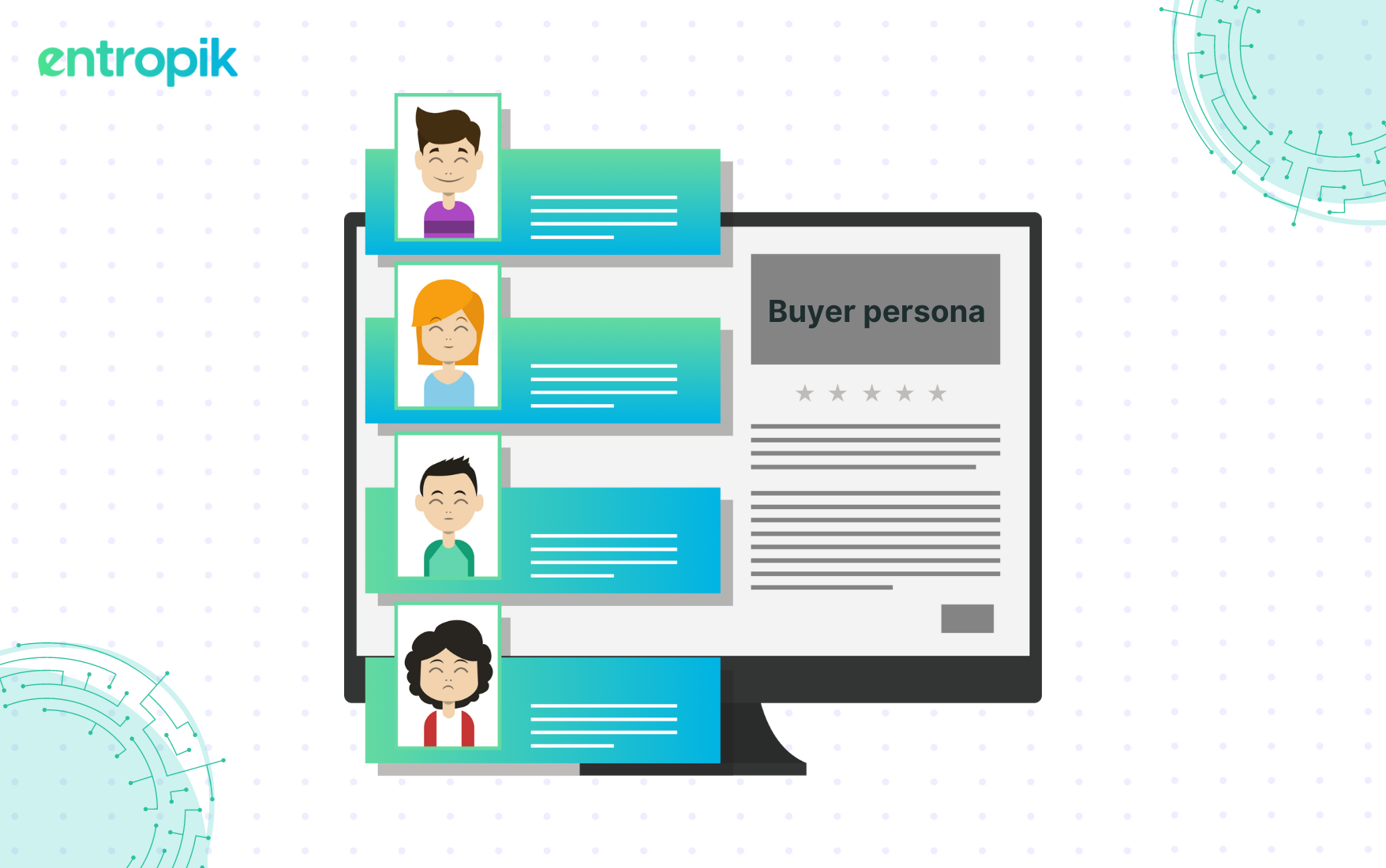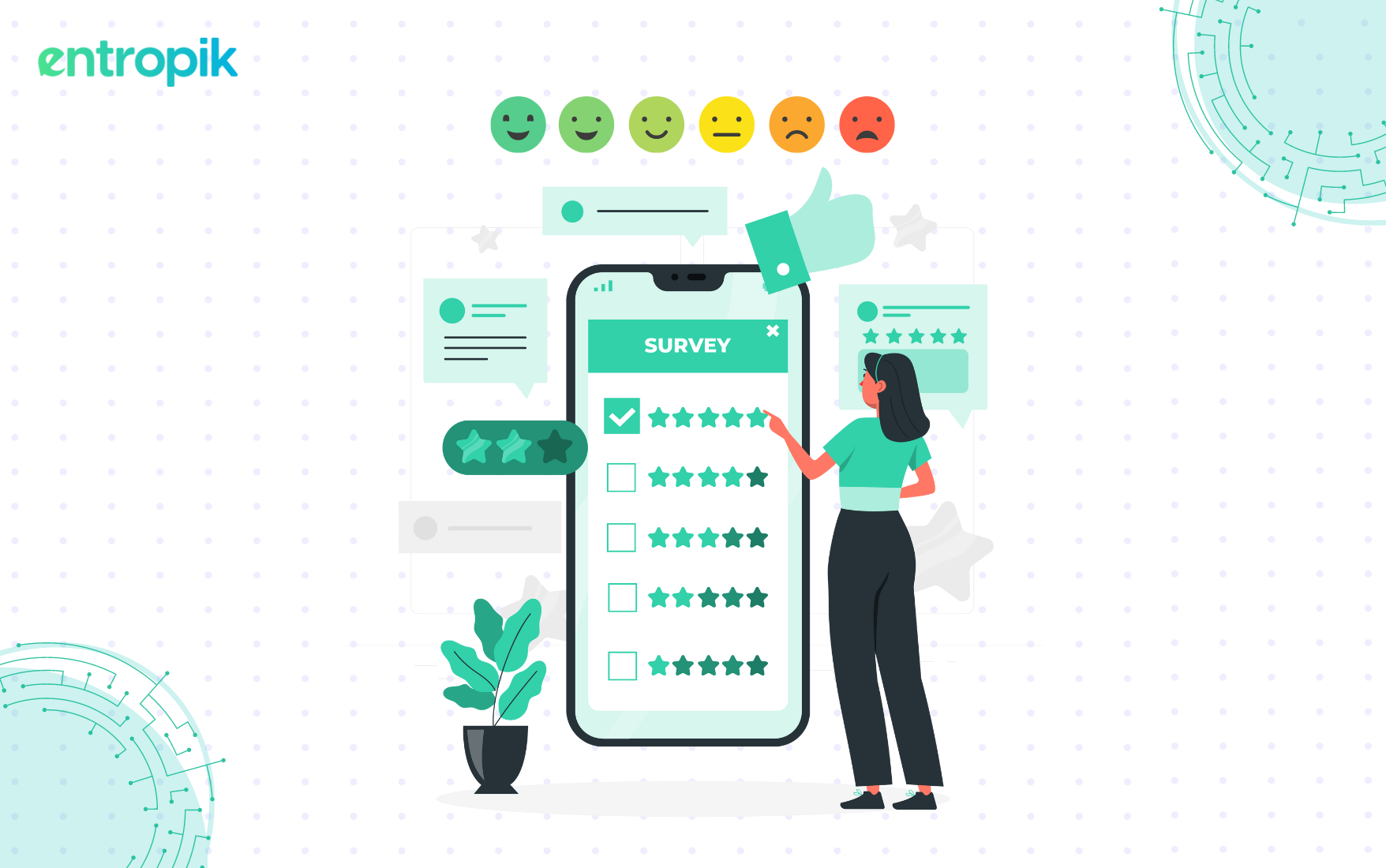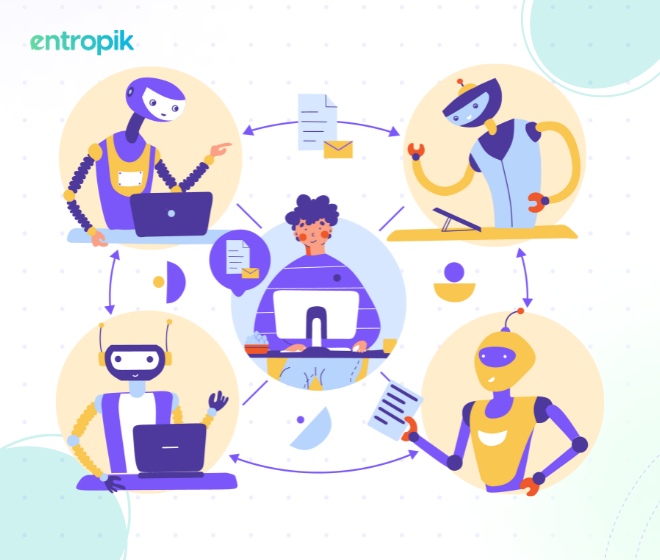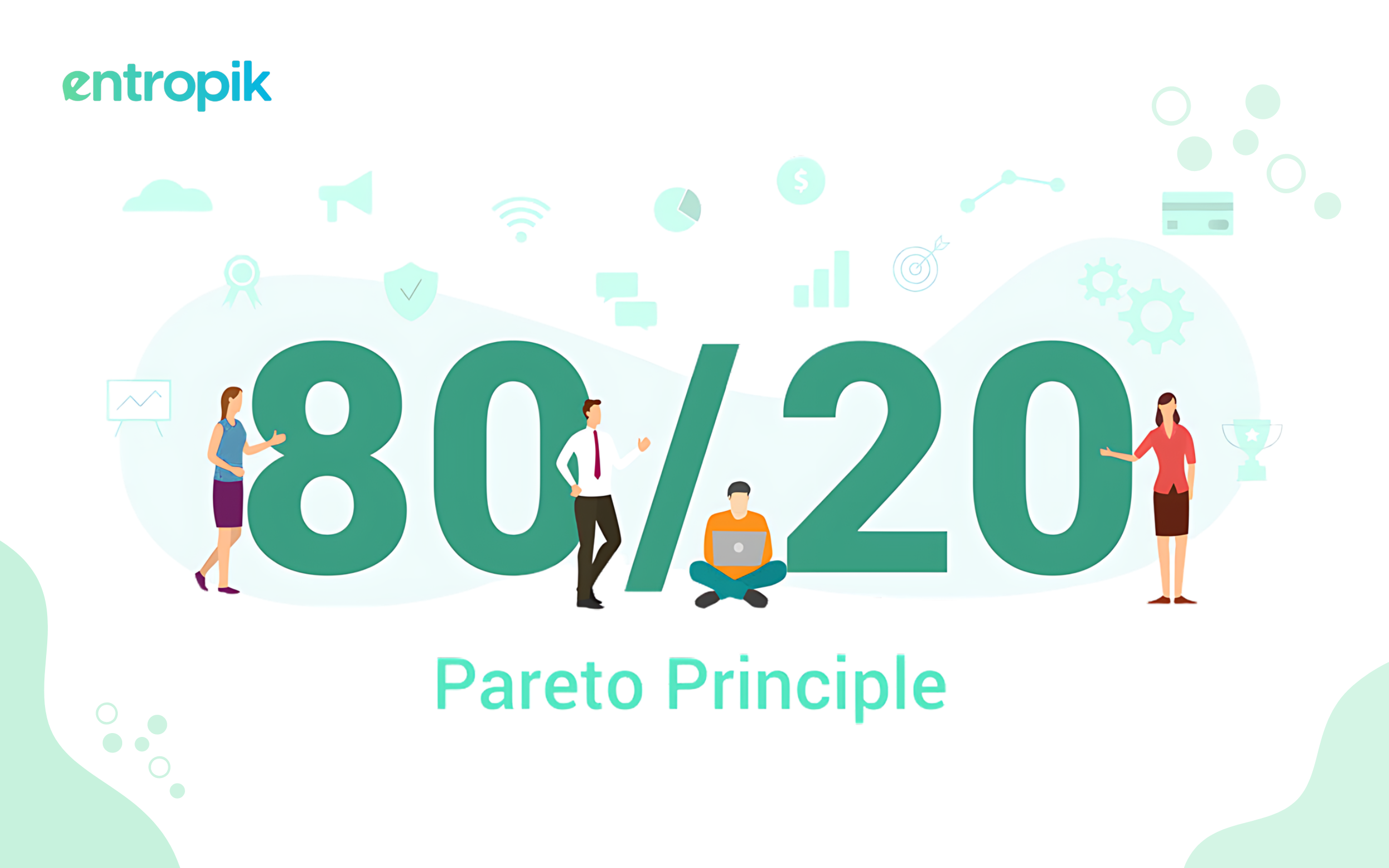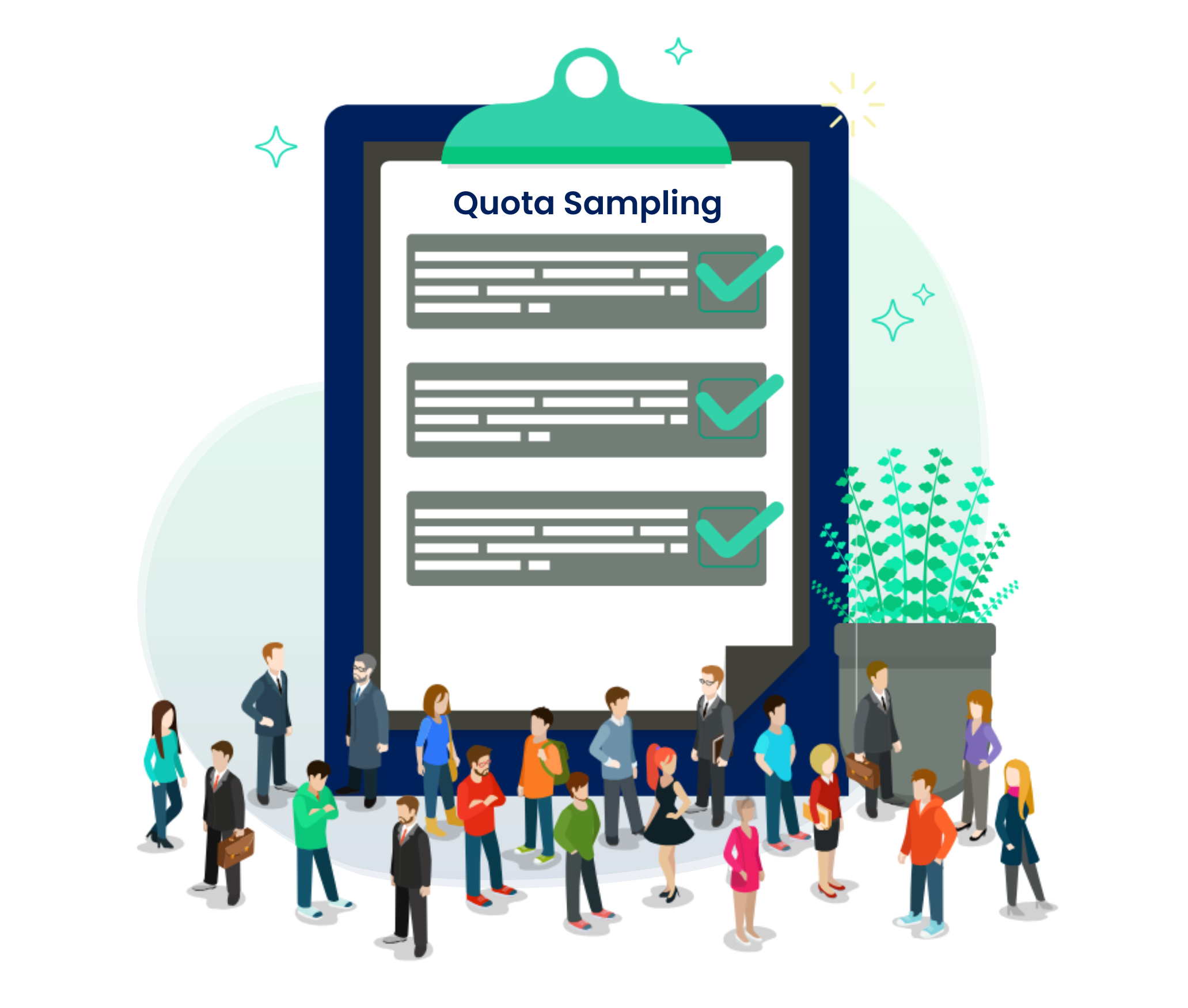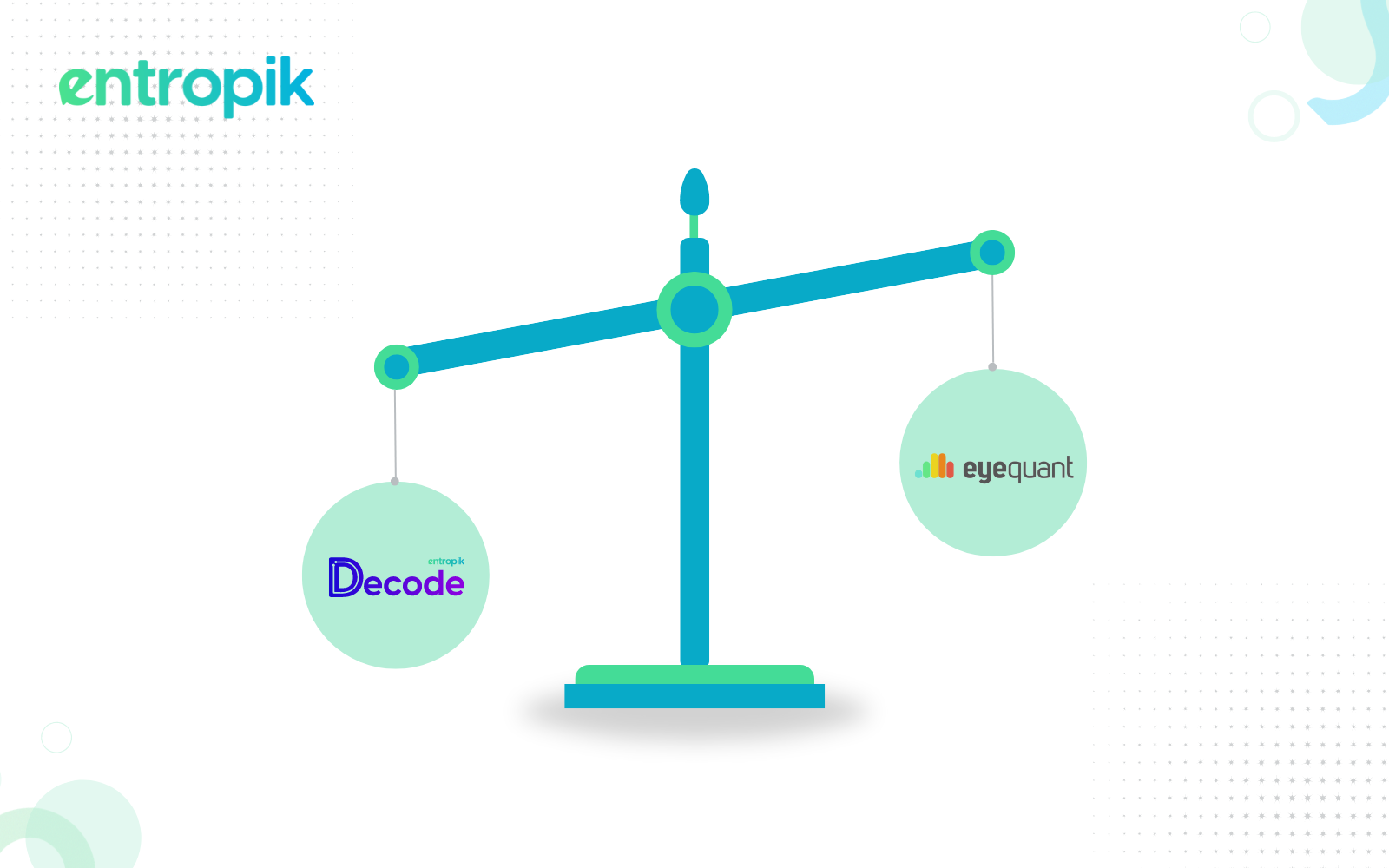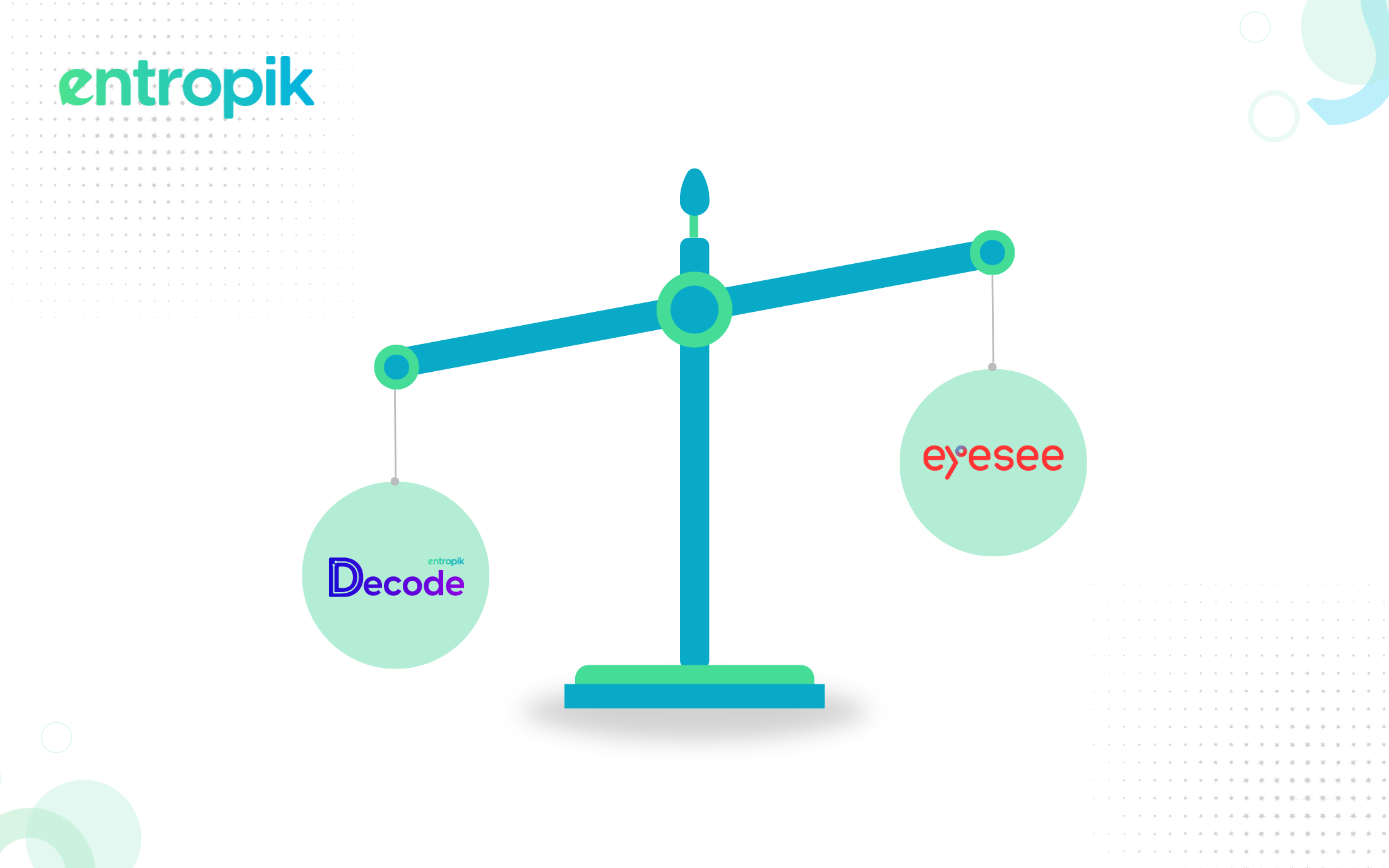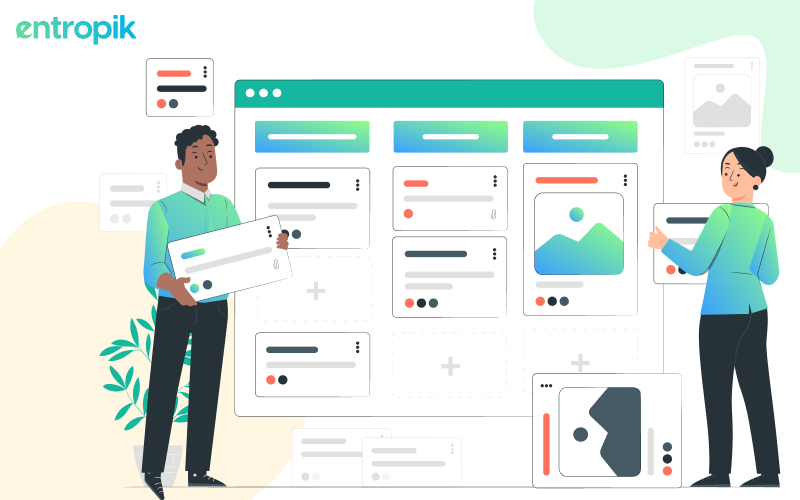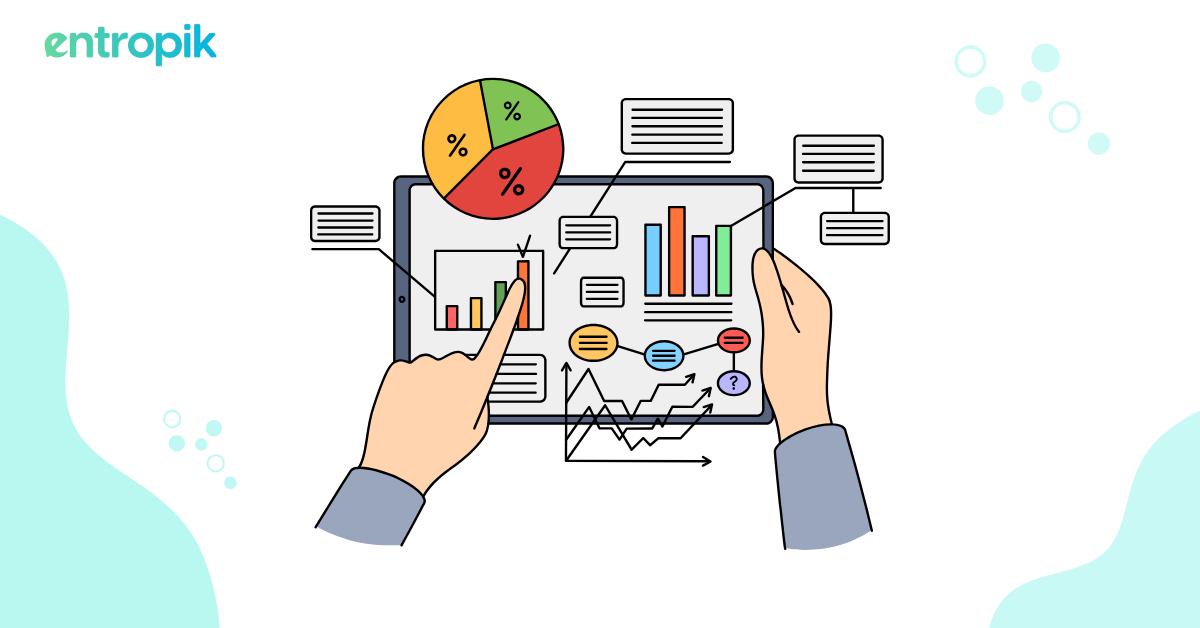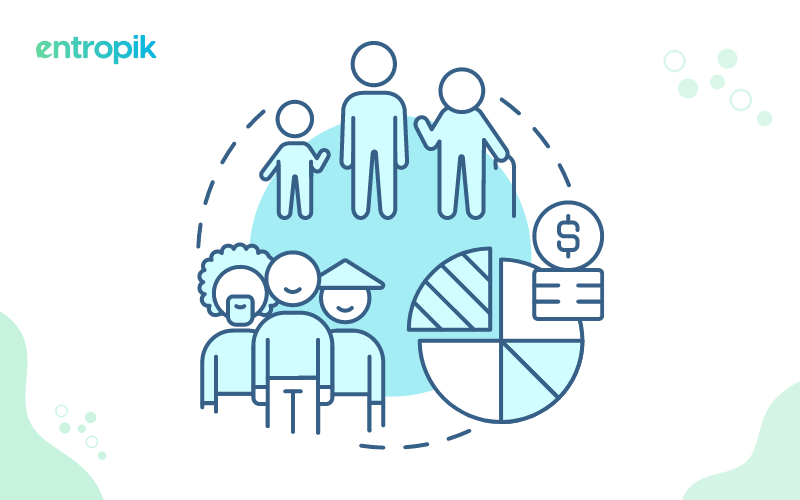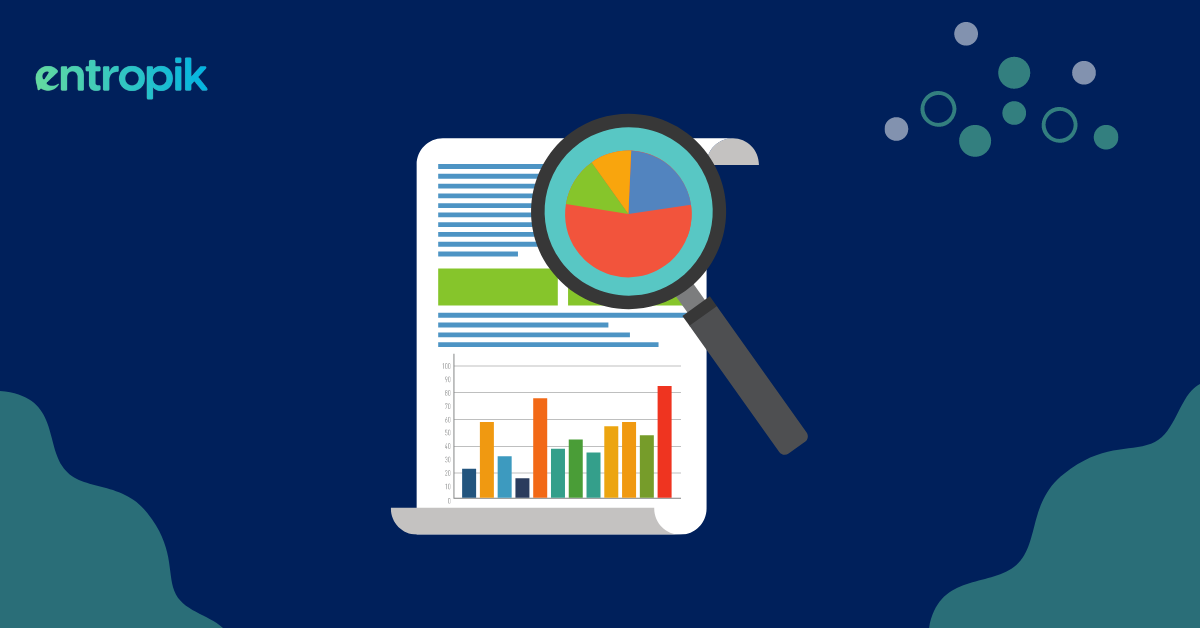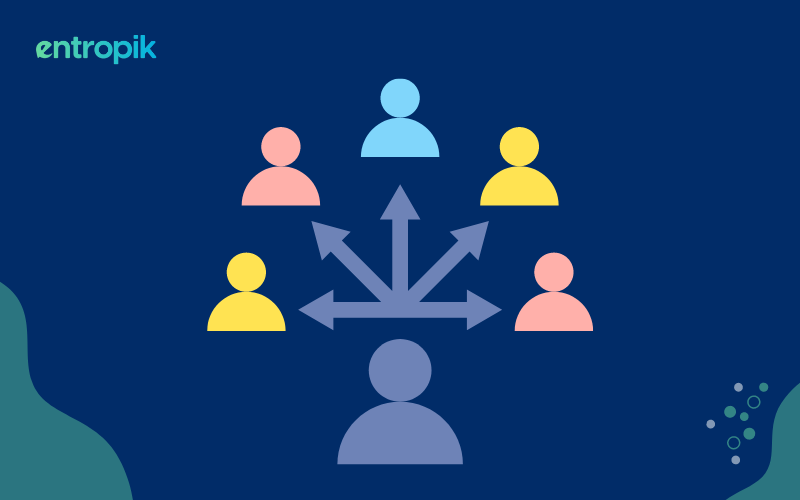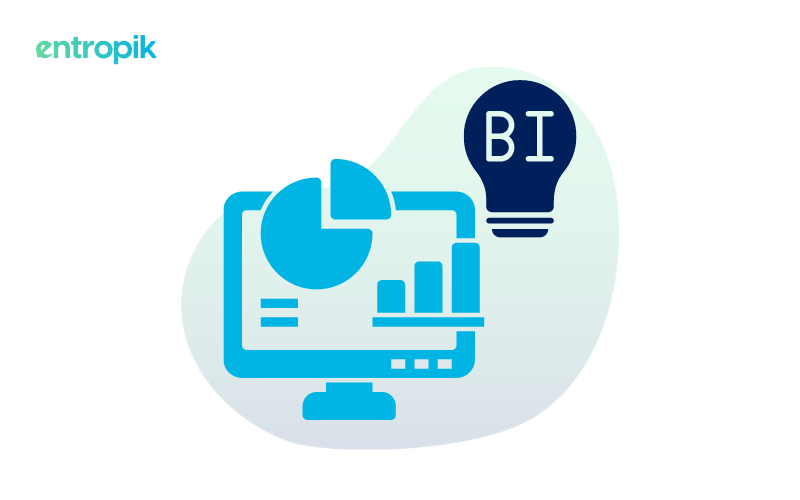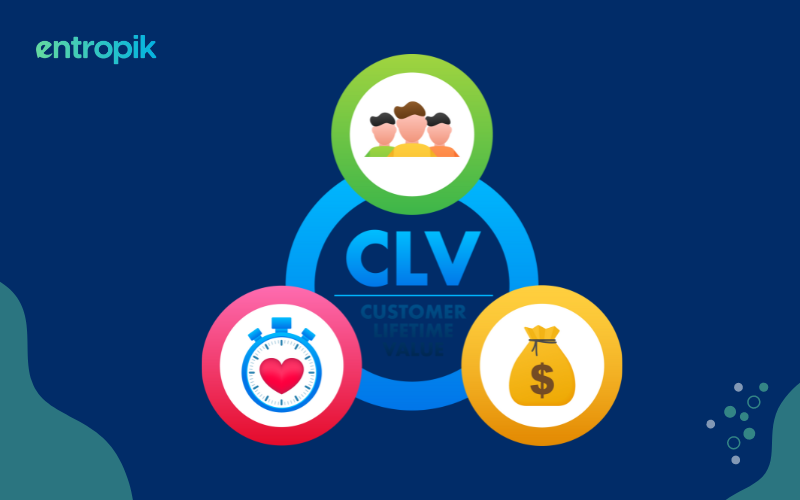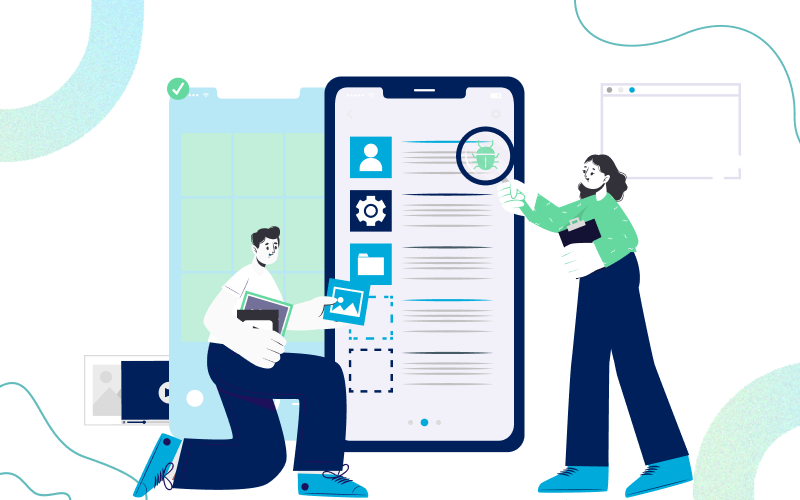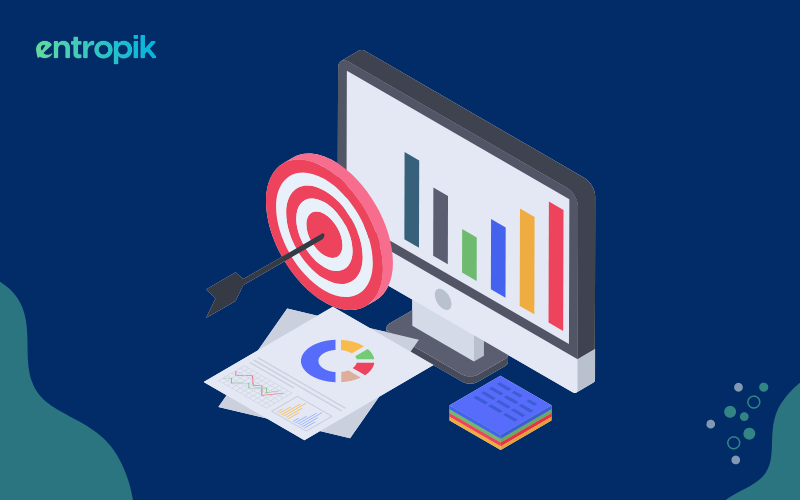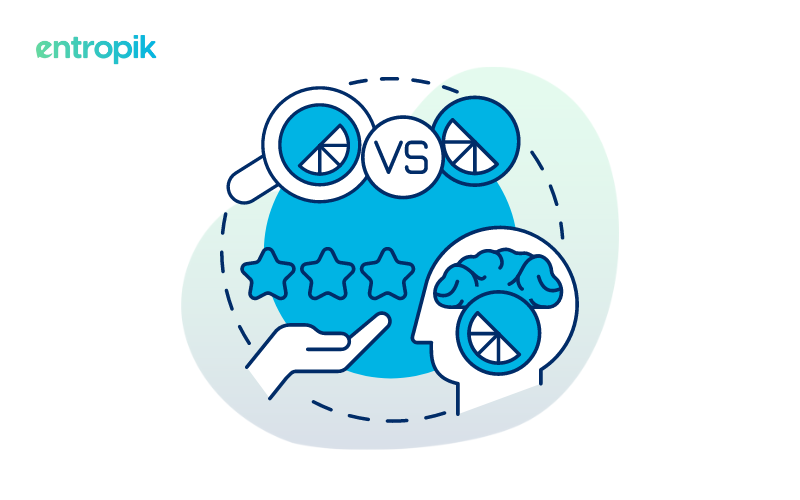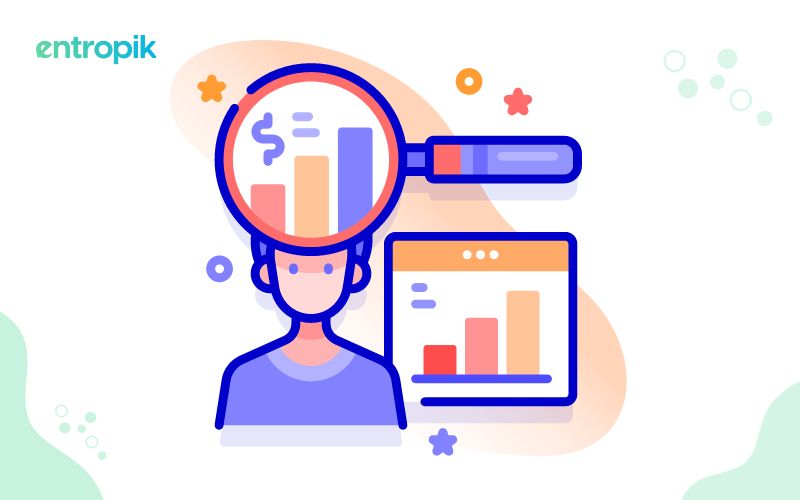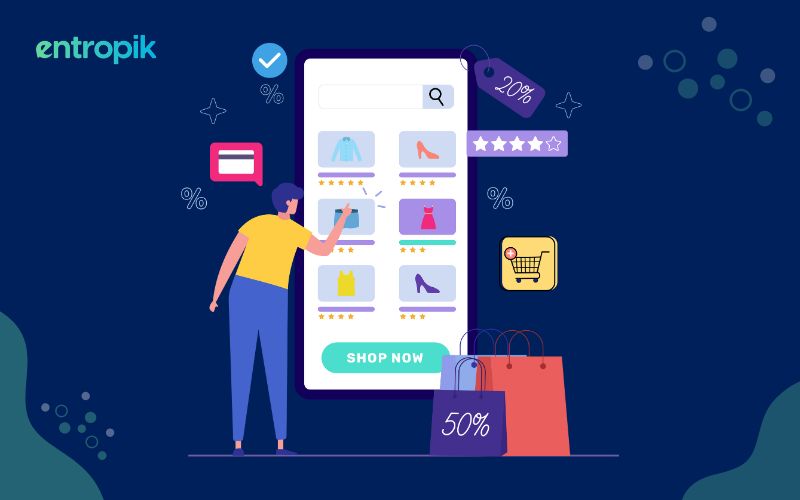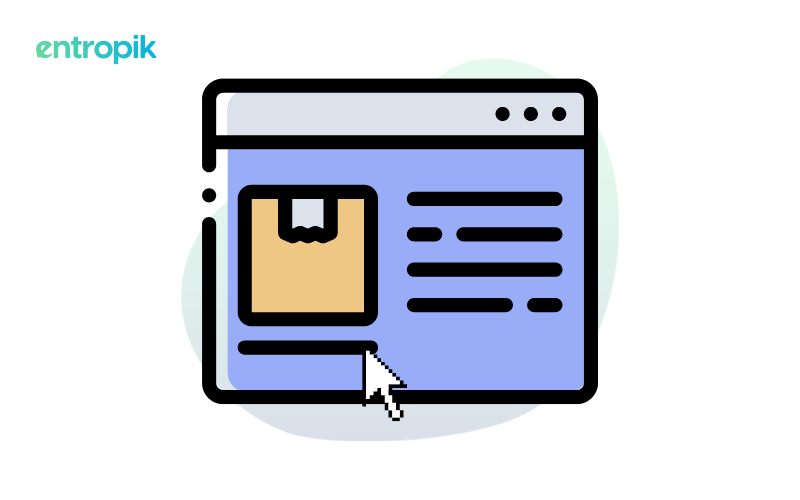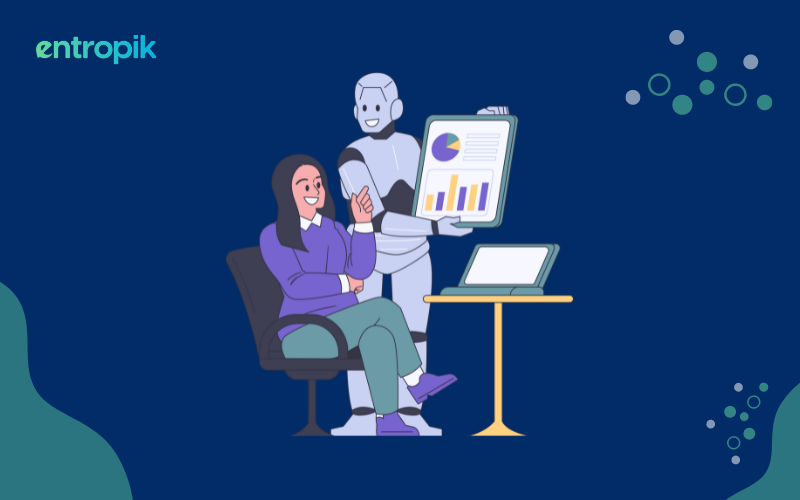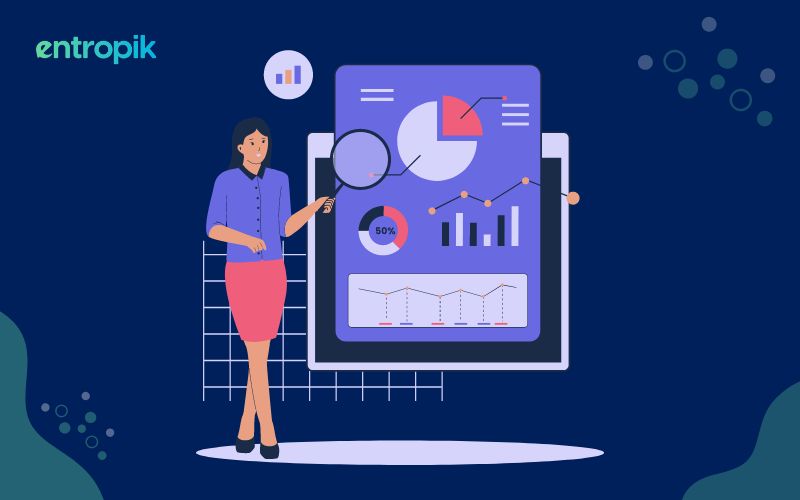What is Artificial Intelligence?
Artificial intelligence (AI) is the capability of a machine to carry out cognitive tasks that we attribute to human minds, such as sensing, reasoning, learning etc.
Importance of AI in Market Research
# Increase in Data Analysis Speed
Managing enormous amounts of data, both structured and unstructured, from several sources is necessary for market research. Large datasets can be processed and analyzed by algorithms fast and effectively. They can analyze complex data sets to find patterns, glean insights, and deduce meaning that would be difficult or time-consuming for humans to do on their own. This makes it possible for market researchers to find insightful information and make informed choices.
# Improved Efficiency of Data Collection
AI automates the process of data collection. This can be done for a variety of sources, including online surveys, social media platforms, and consumer feedback.
By optimizing the process of data collection, you can focus on other important tasks and save time and effort.
# Analyze Consumer Behavior
Customer data can be analyzed by AI to create automated segments based on behaviour, preferences, demographics, and other variables. This enables brands to better understand their target market and adjust their marketing strategy accordingly.
You can increase consumer engagement, loyalty, and conversion rates by developing personalized experiences and targeted promotions.
# Gather Real-time Insights
AI makes it possible to conduct competitor analysis, understand market trends and consumer sentiment in real-time. This data can be easily consumed with the help of charts, graphs, word clouds etc.
# Get In-depth Insights
Traditional quantitative and qualitative research only scrape the surface, leaving room for bias and generosity error. AI eliminates this by providing actionable, accurate and in-depth insights.
Read More : Artificial Intelligence for consumer research. Is it worth the investment?

How AI Developments are Altering how Brands Collect and Use Consumer Insights
AI advancements are revolutionising the market research industry by changing how brands gather and use customer insights. Let’s see how-
# Sentiment Analysis
Brands can extract useful information from unstructured data, such as customer reviews, social media interactions, and customer support conversations, thanks to Natural Language Processing (NLP). Brands can understand customer opinions, preferences, and trends at scale because of AI's ability to analyse text and sentiment.
# Evaluate Consumer Behavior and Emotions
Emotion AI-based technologies like Facial Coding, Eye Tracking and Voice AI map the underlying emotion of the consumer giving you in-depth insights about their behavior. With the help of AI, brands get accurate and actionable insights which help them streamline their decision-making and stay ahead of competitors.
# Automated Data Segmentation
AI can reduce manual effort in data segmentation by 4 times. It has the ability to segment meaningful data and provide suggestions to increase the speed of analysis.
It can make data easily consumable and collaborative with the help of charts, graphs, automated reports and small nuggets of information.
# Generate Content using Prompts
You can create presentations, emails, excel sheets, etc. easily with the help of AI. AI in market research is not only limited to understanding the market and the consumer; it enables market researchers and marketers to improve the speed of cross-collaboration and take decisions quickly.
{{cta-button}}
Role of AI in Consumer and Market Insights
# Brand Health
By empowering brands to comprehend consumer feelings, provide personalised experiences, optimise marketing efforts, make data-driven decisions, and effectively communicate with customers, AI helps brands become healthier. Brands can enhance their brand positioning, gain customer trust, and create lasting relationships by utilising AI.
# Marketing Communications
By providing avenues for personalization, optimizing content, and automating processes, AI can greatly improve marcomms. In order to deliver personalized messages, recommendations, and offers that increase engagement and conversion rates, AI algorithms can analyse customer information. In general, artificial intelligence (AI) equips marketers to produce more impactful, effective, and focused marketing communications that increase consumer satisfaction and profitability.
# Product Innovation
By providing insightful data, boosting the ideation process, and facilitating data-driven decision-making, artificial intelligence in market research fosters product innovation. To help brands find unmet requirements and new possibilities, AI analyzes consumer preferences, market trends, and competition landscapes.
AI helps create novel product concepts and features by spotting patterns and connections in vast databases. Predictive analytics powered by AI can forecast demand and assess market potential, leading the strategies for product creation.
You can iterate and improve product ideas more effectively with faster data collection, analysis, and feedback processing.
# Creative Agencies
By strengthening creative processes, optimizing workflows, and providing data-driven insights, AI can largely impact creative agencies. Copywriting, graphic design, and video editing are just a few examples of the types of creative material that AI-powered technologies can help create and optimize.
How can brands Leverage AI?
# Social Media Listening
Social media can be monitored by AI-powered technologies that analyze in-the-moment conversations to gather customer sentiments, preferences, and new trends. This makes it possible for market researchers to gather insightful data and effectively monitor brand impressions.
# Microtargeting
By identifying the audience that shares similar traits and behaviors, AI-powered analytics can enable accurate audience targeting. With this strategy, marketers can provide a personalised experience in the form of messaging, deals, and content that increase engagement and boost conversion rates.
# Collaboration
AI optimizes the research process by streamlining collaboration. It eliminates the need for traditional reporting formats and makes cross-collaboration more agile and effective. It does this by automating reports, segmenting meaningful data and providing real-time insights, all in one place.
Read More : Traditional VS AI based Research
{{cta-web}}
How to prepare for the future of AI in Market Research
# Stay Informed
Keep an eye on the most recent advancements AI technologies that are pertinent to market research. To stay up to date on new trends and best practices, read industry publications, go to conferences, and take part in webinars or training sessions.
# Be Open To Continuous Learning
Learn about AI-powered market research platforms and tools. To improve your understanding and abilities in utilising AI for market research, take into account online courses or certifications that concentrate on artificial intelligence (AI), data science, machine learning, and analytics.
#Utilise AI Tools and Platforms
Look at platforms and tools for market research that can improve your research abilities. By automating data collection, processing, and reporting, these solutions help you conduct market research more quickly and effectively. Try out various AI-driven solutions to find ones that work best for your unique research goals.
Read More: How Integrated Research Platforms are transforming the future of Consumer Research
# Encourage Collaboration
Promote communication and information exchange between market researchers and AI specialists. Establish collaborations or collaborate closely with data scientists and AI experts to gain knowledge of the approaches used in AI.
Conclusion
AI is more than just a buzzword. AI is the key to effective market research that provides you with accurate, actionable and agile consumer insights. With the help of AI-powered market research platforms, marketers and market researchers can easily conduct market research without the hassle of manual reporting, lost data, generic insights, bias etc.
{{cta-button}}














.jpg)



